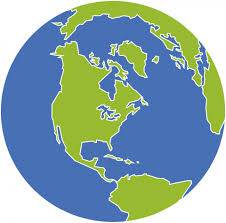denier meaning “one who denies”, from early 14th-century French “dénier”, meaning “deny, repudiate, withhold”
This word is in regular use on social media in the context of the Covid-19 pandemic. People are deemed to be deniers if they doubt or refuse to believe in the existence of Covid, or if they declare that this illness is really flu, and therefore the whole thing is a “plandemic” or a “scamdemic”, invented for the purposes of making money or controlling the public.
“Deny” has been used by English speakers since the 14th century, coming from the Old French “dénier” at the time when French and English speakers lived side by side in Britain.
The more specific usage, meaning to deny that something is true, appears in the 17th century with people talking of someone who denies the resurrection of Christ. The “denier” appears in the 15th century and by 1558, the Scots Calvinist John Knox, in his First Blast Against the Monstrous Regiment of Women, talks of “deniers of Christ Jesus”.
Though in logical terms the word or idea of denial isn’t necessarily condemnatory, we can see that the word is given the flavour of disapproval, because it was linked to atheism.
To find the origins of “deny”, “denial” and “denier” in the more modern pattern of usage, as part of the world of claim, counter-claim and conspiracy, we should probably look to “Holocaust denial”. The Oxford English Dictionary first finds this usage in 1984, while the phrase “Holocaust deniers” appears a year later in the Canadian newspaper the Globe and Mail. At that stage, this kind of denial circulated in the murky world of far-right politics, while the deniers often denied that they were deniers at all.
Deborah Lipstadt’s book Denying the Holocaust (1993), which named David Irving as a Holocaust denier, the subsequent trial when he sued her for libel, and the film about the whole encounter (Denial, 2016) all helped the word to become popular. Today, the “you are one”/“no I’m not” disputes in relation to Covid-19 rage on all over Twitter, Facebook and beyond.
This article is from the New Humanist spring 2021 edition. Subscribe today.

